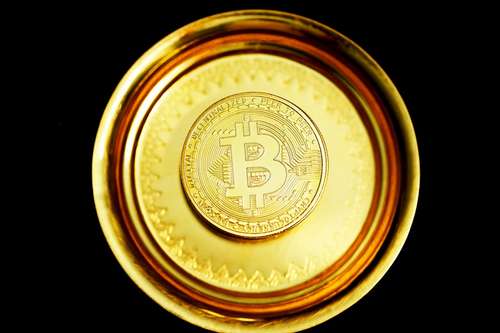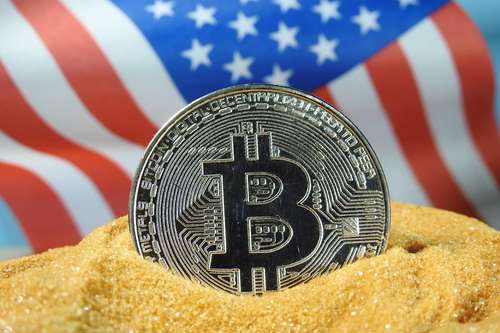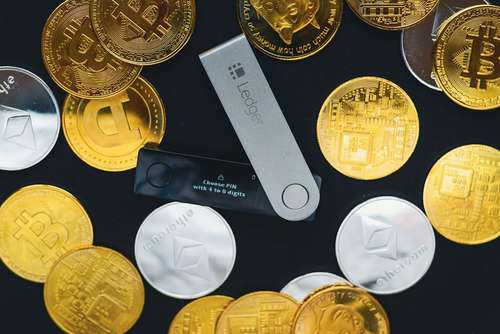In a jaw-dropping twist worthy of a Hollywood thriller, a Bitcoin trader's nightmare came true when they mistakenly sent a staggering $70 million in cryptocurrency to a fraudulent address, falling victim to one of the most cunning scams the digital age has ever seen! This incident underscores the inherent risks and complexities associated with digital asset transactions.
$70 Million Gone in a Click! 😱
In a digital heist that sounds straight out of a cyber-crime novel, according to Crypto Crow, a prominent figure in the crypto space, an unnamed trader lost 1,155 wrapped Bitcoin, valued at a colossal $70.5 million. The culprit? A sneaky and deceptive address poisoning scam that duped the trader into sending their fortune to a look-alike wallet address crafted by shadowy scammers. This scam was not just any run-of-the-mill fraud—it was a meticulously planned operation that preyed on the complex string of characters that make up a crypto wallet address. This type of scam involves malicious actors creating addresses that resemble legitimate ones, often differing by only a few characters. These fraudulent addresses are then used to divert transactions intended for legitimate destinations.
Crypto Crow's video on the incident:
The Dark Side of Digital Wallets Exposed! 🕵️♂️
The incident not only highlights the financial losses that can occur but also serves as a grim reminder of the sophistication of scams in the crypto ecosystem. Address poisoning exploits the often cumbersome nature of cryptocurrency addresses, which can be difficult to verify manually. The Crypto Crow emphasized the necessity for extreme diligence and the use of advanced security measures when conducting transactions.
This event should prompt both individual traders and institutions to re-evaluate their security protocols, including the use of address verification tools and hardware wallets that provide an additional layer of security by isolating the user's private keys from internet-connected devices.
This chilling incident casts a stark light on the darker corners of the crypto world where high-tech bandits lurk, waiting to pounce on even the smallest oversight. It’s a stark reminder that in the wild west of cryptocurrencies, every click can be a potential disaster. Scammers have upped their game, and now no one—absolutely no one—is safe.
Call to Arms: Protect Your Coins! 🛡️

Such high-profile losses may have ripple effects throughout the crypto market, potentially affecting investor confidence and prompting calls for enhanced regulatory oversight. While the decentralized nature of cryptocurrencies offers numerous benefits, it also comes with increased responsibilities for safeguarding assets.
As the crypto community reels from this shocking loss, the call to bolster digital defenses has never been louder. Are your coins really safe? Experts are now urging every trader to double down on their security measures. Use verified hardware wallets, triple-check those address strings, and never, ever let your guard down.
What’s Next for the Market? 📉📈
This tale of loss and deception has sent ripples through the cryptocurrency markets, with traders everywhere on high alert. Could this high-profile blunder lead to tougher regulations or a shift in how we secure digital transactions? Only time will tell.
Future-Proofing Your Crypto Assets: Tips and Tricks 🔐
To safeguard against such heartbreak and financial ruin, here are some actionable tips every crypto enthusiast should follow:
Double Verification: Always double-check addresses before executing any transaction. Consider using address book features on exchanges and wallets where you can save and label trusted addresses.
Cold Storage Solutions: Use hardware wallets for storing significant amounts of cryptocurrencies. These devices keep your private keys offline and safe from online threats.
Multi-factor Authentication (MFA): Enable MFA on all crypto-related accounts. This adds an extra layer of security, making it harder for unauthorized users to gain access.
Stay Informed: Keep abreast of the latest security trends and updates in the cryptocurrency space. Regularly update your software to protect against known vulnerabilities.
If you are interested in safeguarding your digital assets against sophisticated cyber threats you can try Total AV, as of today, one of the best defenses against the intricate world of crypto scams.
The Bottom Line
In a world where fortunes can disappear with a single click, the $70 million blunder is a wake-up call for everyone dabbling in digital currencies. Don't let your guard down—today’s paranoid trader is tomorrow’s secured investor.
The loss of $70 million in a mistaken transaction is a cautionary tale for all participants in the cryptocurrency market. It underscores the need for heightened security measures, thorough verification processes, and continuous education on the risks associated with digital asset transactions.
For those navigating the volatile waters of cryptocurrency investments, understanding and mitigating these risks is not just advisable—it's essential. The incident also serves as a potent reminder of the adage in crypto circles: "Not your keys, not your coins."




